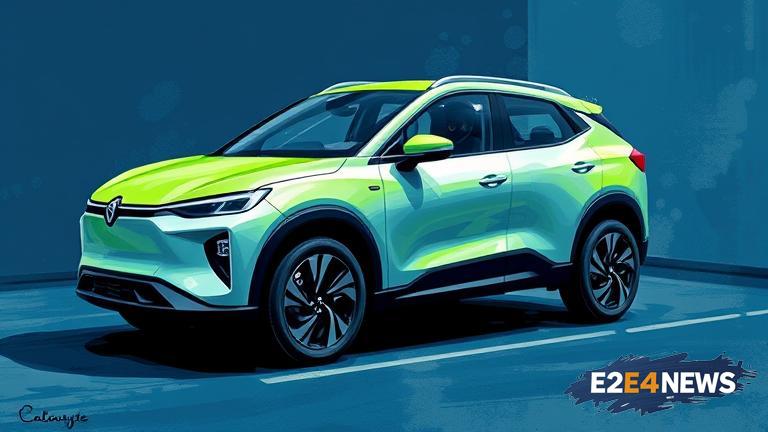The Indian government has announced a comprehensive plan to promote the adoption of electric vehicles (EVs) in the country. The plan includes a range of incentives and initiatives to encourage the use of EVs, including tax exemptions, subsidies, and investment in charging infrastructure. The government aims to have at least 30% of new vehicle sales be electric by 2030. To achieve this goal, the government will provide subsidies to manufacturers and buyers of EVs, as well as invest in the development of charging infrastructure. The plan also includes measures to promote the use of EVs in public transportation, such as buses and taxis. The government will also encourage the use of EVs in corporate fleets and provide incentives for companies to switch to electric vehicles. Additionally, the plan includes measures to promote the development of EV manufacturing in India, including investment in research and development and the creation of a favorable business environment. The government will also work with state governments to develop EV-friendly policies and regulations. The plan is expected to have a significant impact on the environment, with the potential to reduce greenhouse gas emissions from the transportation sector. The adoption of EVs is also expected to improve air quality in urban areas and reduce the country’s dependence on fossil fuels. The government has set a target of having at least 50,000 public charging stations in the country by 2025. The plan also includes measures to promote the use of renewable energy sources, such as solar and wind power, to charge EVs. The government will also encourage the development of EV charging infrastructure in rural areas, where access to charging stations is currently limited. The plan is expected to create new job opportunities in the EV sector, including in manufacturing, sales, and maintenance. The government will also provide training and education programs to help workers develop the skills they need to work in the EV industry. The adoption of EVs is also expected to have a positive impact on the economy, with the potential to reduce the country’s oil imports and improve the trade balance. The plan is part of the government’s broader strategy to reduce greenhouse gas emissions and promote sustainable development. The government has set a target of reducing greenhouse gas emissions by 33-35% by 2030, and the adoption of EVs is expected to play a key role in achieving this goal. The plan has been welcomed by the automotive industry, which sees it as a major opportunity to invest in the development of EVs and related infrastructure. The plan is also expected to have a positive impact on public health, by reducing air pollution from vehicles. The government will continue to monitor the progress of the plan and make adjustments as needed to ensure that it is meeting its goals. Overall, the plan is a major step forward in promoting the adoption of EVs in India and reducing the country’s dependence on fossil fuels.
